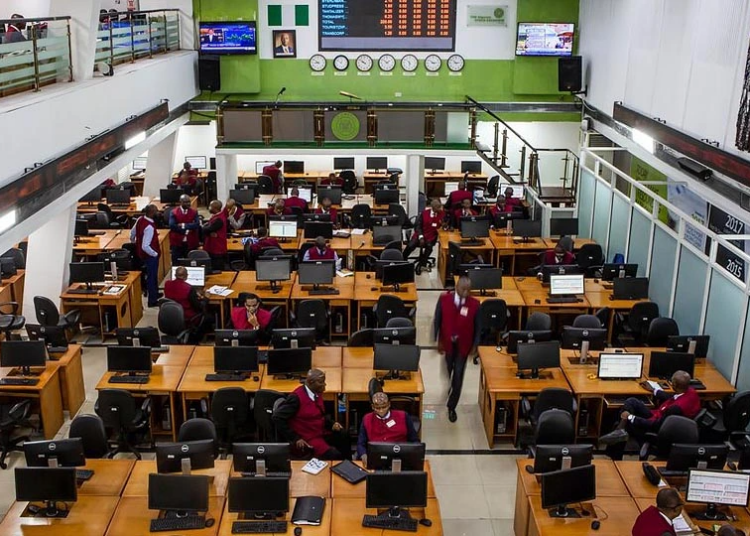The Nigerian money market is poised for a liquidity boost as inflows from Federal Government of Nigeria (FGN) bond coupon payments worth N143.13 billion are expected to ease pressure on overnight lending rates this week.
This follows a marginal rise in the overnight (OVN) rate, which expanded by 12 basis points week-on-week to 27.0 per cent driven by debits for net Nigerian Treasury Bills (NTB) issuance totalling N48.33 billion. Despite this, system liquidity remained healthy, albeit lower, closing the week at a net long position of N915.26 billion, down from N1.36 trillion the previous week.
Analysts said, barring any liquidity mop-up operations by the Central Bank of Nigeria (CBN), the forthcoming coupon inflows will keep the financial system sufficiently liquid. This could lead to a moderation in short-term interest rates, providing relief for banks and other financial institutions that rely on overnight borrowing.
While the treasury bills market remained bullish, leading to a decline in yields, the bond market saw modest bearish sentiment. However, analysts forecast that improved liquidity and a potential dovish monetary policy stance could lead to more favourable borrowing costs in the medium term.
Meanwhile, despite a $200 million intervention by the Central Bank of Nigeria (CBN), the naira weakened further last week, closing at N1,610.50 per dollar, a 1.3 per cent week-on-week decline, raising fresh concerns about the effectiveness of the apex bank’s currency management strategy.
The depreciation came even as Nigeria’s gross external reserves recorded a second consecutive week of growth, rising by $86.67 million to $38.10 billion as of May 6. However, this uptick in reserves was not enough to support the naira in the face of persistent market pressures, including tepid capital inflows and sustained demand for foreign exchange by importers and investors.
However, the naira showed strength in the forward contracts market, appreciating slightly across all tenors, with the one-year forward gaining 1.7 per cent to close at N1,988.66 to the dollars suggesting pricing in some longer-term optimism around exchange rate stability.
Analysts believe that, while stronger external reserves enhance the CBN’s capacity to intervene, the currency’s outlook in the near term remains vulnerable to global financial conditions and Nigeria’s fiscal dynamics.
In an email note, analysts at Cordros Research said: “we believe the persistent global pressures will continue to pose downside risks to naira stability in the near term, given their impact on capital flows. Nonetheless, relatively stronger forex reserves should bolster the CBN’s capacity to manage excess naira volatility through sustained market interventions in the near term.”











